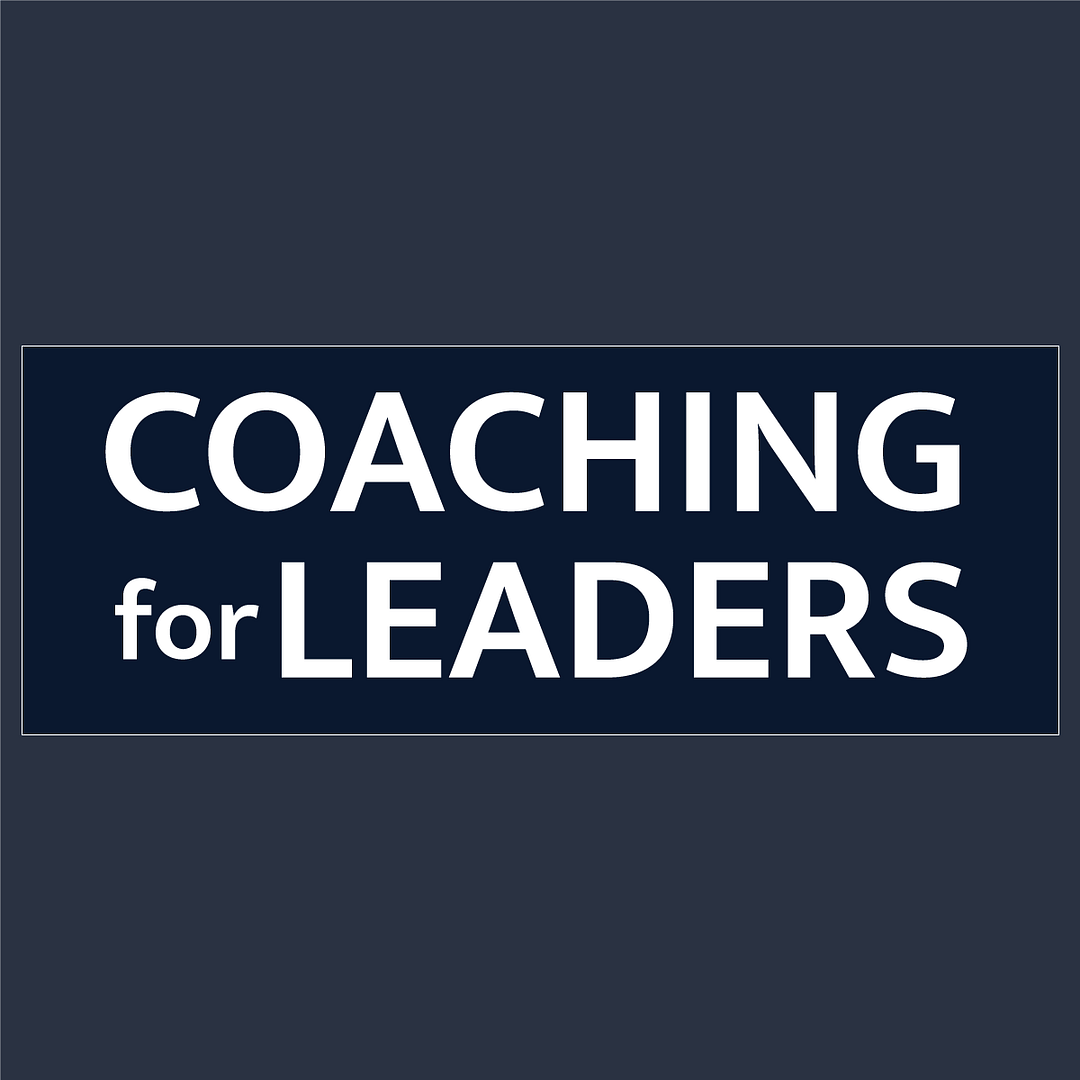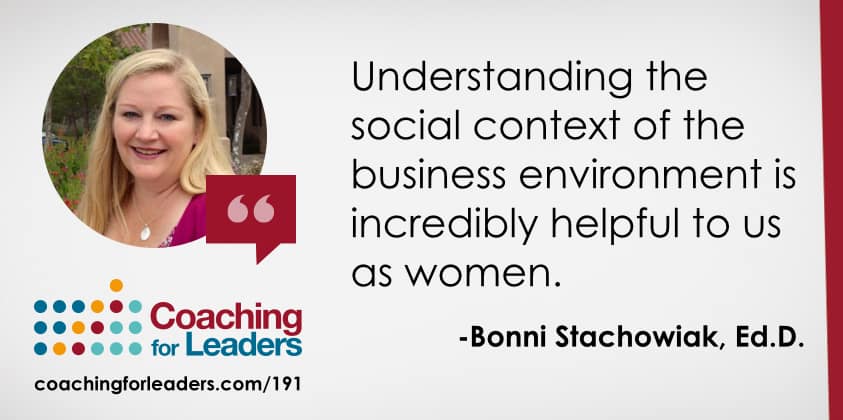Bonni Stachowiak
Teaching in Higher Ed
Question from Allison
Do you have any tips on improving business acumen? I watched this TED talk. Susan Colantuono states that the reason women have a difficult time advancing in their careers is because their business acumen is not strong enough. What are your thoughts?
- Bonni mentioned Pocket
- Books by Debra Tannen*
- The Four Agreements by Don Miguel Ruiz*
- Marketplace
- 100 Best Business Books of All Time
- Financial Intelligence by Karen Berman and Joe Knight*
- Business Model Generation by Alexander Osterwalder and Yves Pigneur*
Audio question from Suzie on how to record book notes
Recommendation from Frank
I work in supply chain for a large healthcare system and I'm often asked to lead project teams, so I'm finding the advice on the show very helpful. I find that the coaching skills that I learn can often be applied to either teaching 14 year old girls the great game of softball (which often crosses into life lessons), or managing 40 year old professionals on a project team.
So with that in mind, may I suggest the book Coaching the Mental Game by H.A. Dorfman*? Although it's a sports coaching centric book, so much of it can be applied in other coaching roles and it's thought of the gold standard of sports coaching books.
Dave also mentioned Positive Coaching by Jim Thompson*
Question from Jignesh about personality type
- Dave’s past article on 7 Questions to Engage People You Just Started Managing will be helpful
Recommendation from Jamie
A really good book that I used with my team was The Thin Book of Trust: An Essential Primer for Building Trust at Work by Charles Feltman*. I had my entire team read it and then we discussed it. A big benefit of the book is that it is short but power packed. It really helped my team in four ways:
- The book does a great job in discussing well-formed requests (the goal, the deadline and the conditions for success). The first two my team did well, but the last one was an area we struggled with (me as well as several of my team members). Thus, we talked about ensuring that we dealt with the conditions for success – rather than making assumptions – if the conditions are not specified ask.
- The book does a good job about acknowledging how commitments should be made – rather than assumed or implied. The classic example is when everyone is in a meeting, a task is discussed vaguely and walking away from the meeting everyone believes someone is going to do the task – except that someone.
- Given #1 and #2, the book emphasized how well-formed requests and explicit commitments can bolster trust. Trust is negatively affected if the requests are not well-formed and commitments are not explicit to everyone – particularly the one with the task!
- The book breaks trust into sincerity, reliability, competence and care – seeing it broken down this way helped me and my folks analyze (and fix) some areas within our team where trust was broken and it also helped each person understand the reason for the lack of trust of certain people. The book even provides suggestions for how to repair trust in an approachable way.
Question from Michael
I had a valuable experience this week. I reside in the Washington DC/Baltimore/Virginia metro area and I mentor a young man who resides in Baltimore. In the wake of the recent riots he called me at 10 PM on Monday night and asked what I would do – he was unsure whether he should be on the streets protesting or whether he should stay home and watch. Now, I coach these young men to be responsible but also true to their instincts for doing what is right. In this case however, I was torn between advising what was responsible which in my opinion would be to stay home and what was right which was to join the protesters. I asked him what he felt Martin Luther King would do in this situation. His reply was that Dr King would would join the protesters and still abide by the law. I said the that's what you should do. Coaching/mentoring can be tough at these times. Any comments?
Questions fron Abigail (Dave)
- How do we develop a methodology with drastic ideas to stop doing things (meaning mostly tasks) or doing things differently.
- How should we manage our relationships with our external/internal suppliers/vendors?
- We mentioned Essentialism by Greg McKeown*
- Dave recommended Leading Change by John Kotter*
Feedback
- Comments, questions, or feedback for future Q&A shows: http://coachingforleaders.com/feedback
- The next Q&A show is episode 195 on the topic of self-confidence
- Resources for leaders: http://coachingforleaders.com/resources
Please join my weekly leadership guide. The leadership guide is delivered to your inbox each Wednesday and includes my thoughts and recommendations on the best articles, podcasts, videos, and books, to support your development between shows. It also includes a brief overview and link to the full weekly show notes. If you, like me, tend to listen to podcasts while you’re on the road or exercising, this will give you an easy way to follow-up later on the links and resources we mention in every show.
As a bonus, when you join the weekly leadership guide, you’ll get immediate access to my reader’s guide listing the 10 Leadership Books that Will Help You Get Better Results From Others with brief summaries from me on the value of each book. Download the 11-page reader's guide and 9-minute video of these book recommendations…plus, insight on the 2 books that I rely on weekly! http://coachingforleaders.com/subscribe
Thank You
Thank you to SP TIP for the kind review on iTunes. If you would like to post a review as well, it's a huge help in the growth of the Coaching for Leaders community. If you use iTunes, just visit http://coachingforleaders.com/itunes and if you use Stitcher, please visit http://coachingforleaders.com/stitcher – and thank you in advance for your support!






